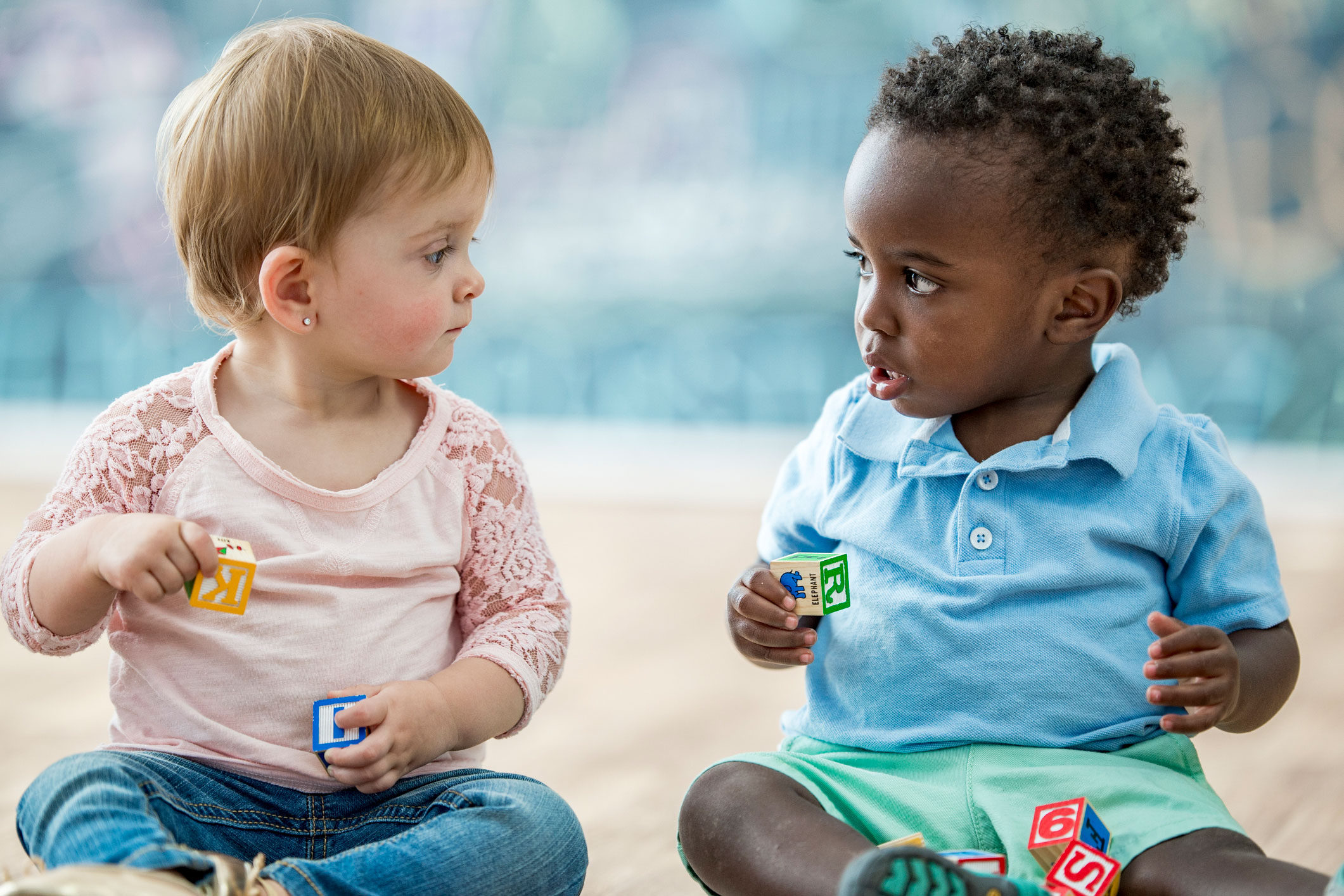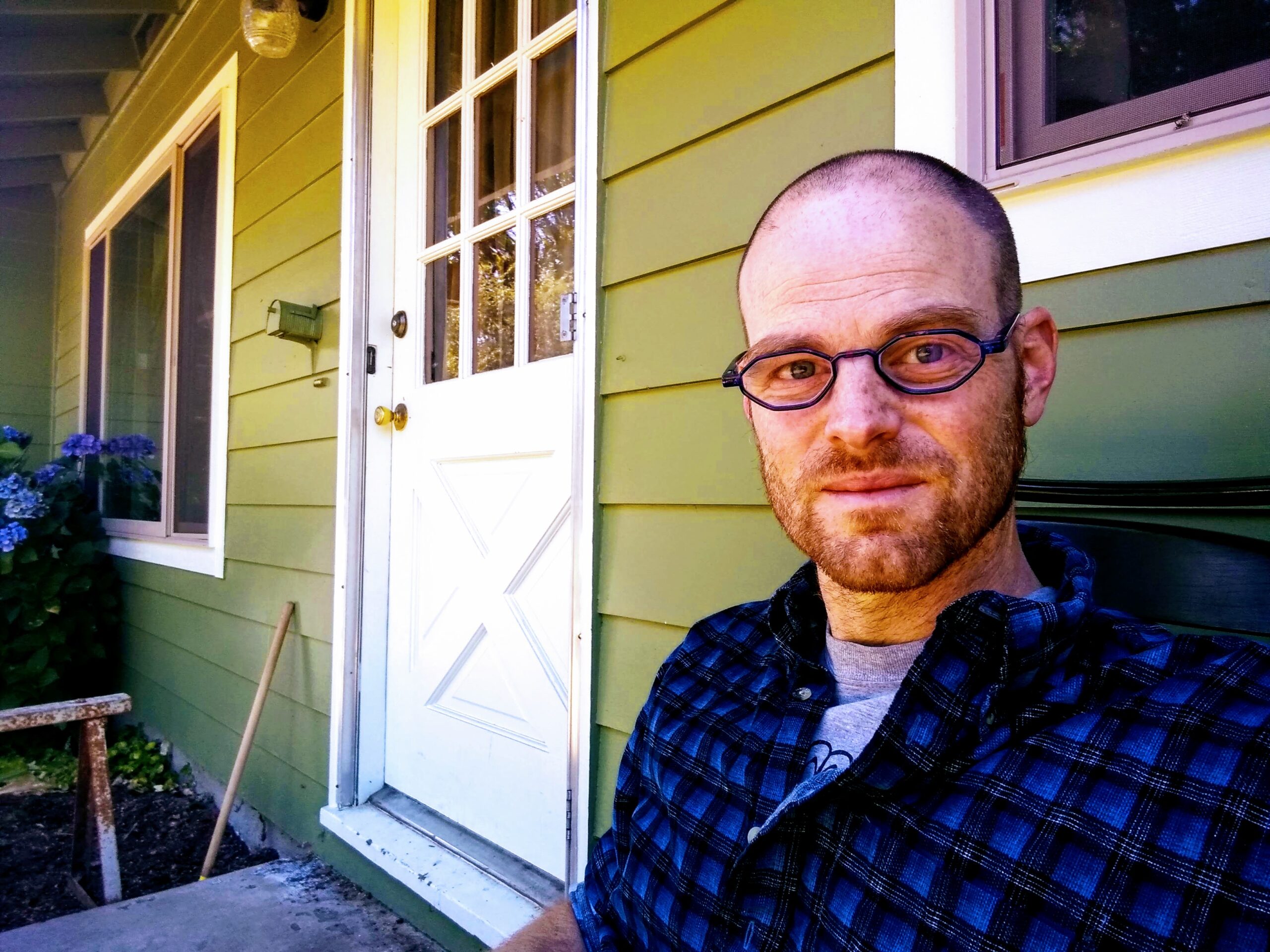
Relationships of reciprocity are more important than therapy for children who are healing from trauma. There is no more powerful intervention than to ensure that traumatized children are surrounded constantly by nurturing relationships and constant opportunities for pro-social interaction. A relationship with a therapist might be one point of connection in a web of therapeutic relationships that involves a secure attachment with parents, but it also might include siblings, grandparents, aunts, uncles, cousins, teachers, coaches, camp counselors, doctors, nurses, dentists, violin instructors, daycare providers, and peers. The psychiatrist Bruce Perry, one of the foremost researchers into the effects of childhood trauma, recounted an important anecdote in an interview with The Sun Magazine. Some years ago, Cabrini-Green public housing project in Chicago “added some green space among the high-rise apartment buildings. They put in better playground equipment. They put in benches where people could sit.” They offered no other new services. Over the next few years, they saw a thirty-percent drop in violent crime.
Dr. Perry cared for the children who were released from the Branch Davidian compound during the fifty-one-day standoff between the David Koresh-led group and federal agents. His team “offered structure, familiarity, caring–and no therapy.” They observed stabilization of the childrens’ stress response systems simply by creating a consistent routine with many opportunities for affection. “Living with those Branch Davidian children changed how I thought about therapeutic work,” Perry says. “A fifty minute therapy session might be a part of treating trauma, but ideally it’s simply one thread in a much larger web of therapeutic encounters.”
Similarly, author Shawn Anchor, a proponent of positive psychology, writes in his book before happiness of the Louisiana-based Oschner Health System, which adopted the Ritz-Carlton’s “10/5 Way” among its healthcare providers. The 10/5 way states that employees will smile at any guest who comes within a ten-foot radius of them, and they will say, “hello,” to any guest who comes within five feet. Ochsner Health System formally trained its eleven thousand employees in this protocol. “Not only did this improve patients’ satisfaction with care,” Anchor writes, “it improved outcomes for the hospital.”
These examples illustrate how, while you can’t force a reciprocal relationship to grow, you can cultivate the conditions in which it is more likely to take root. I borrow the term “relationship of reciprocity” from the Dutch psychiatrist Bessel A. van der Kolk. He writes, “Social support is the most powerful protection against being overwhelmed by stress and trauma.” He goes on to note that “mere proximity” is not sufficient. “The critical issue,” he writes, “is reciprocity, being truly heard and seen by the people around us, feeling that we are held in someone else’s mind and heart.” This is what helps the overactive central nervous system of a traumatized child to “calm down, heal, and grow.” We need, he says, “a visceral feeling of safety.”
The Japanese Zen teacher Shunryu Suzuki says, “To give your sheep or cow a large, spacious meadow is the way to control him.” Of course children are neither sheep nor cows, but there is no prohibition we can place on children who carry trauma that will keep them from the destructive life outcomes for which they are at risk. While we might need to use specific prohibitions as a safety measure in certain situations, the way toward increasing the likelihood of healthy life outcomes, and decreasing the likelihood of destructive ones, is to give our children as spacious a meadow as they can safely navigate, and to fill that meadow with variables that promote health and healing. These might include certain forms of therapy. However, the most essential is the opportunity to give and receive affection within an all-encompassing web of relationships of reciprocity.

Matthew King lives with his fifteen-year-old son in Corvallis, Oregon, where he’s taught English for thirteen years. He also does advocacy work in the school district for children who have experienced trauma in early childhood. In his spare time he hikes, reads, writes, practices meditation, and watches his son ride dirt bikes. He welcomes comments and feedback and can be contacted at kingmatthew10@gmail.com
